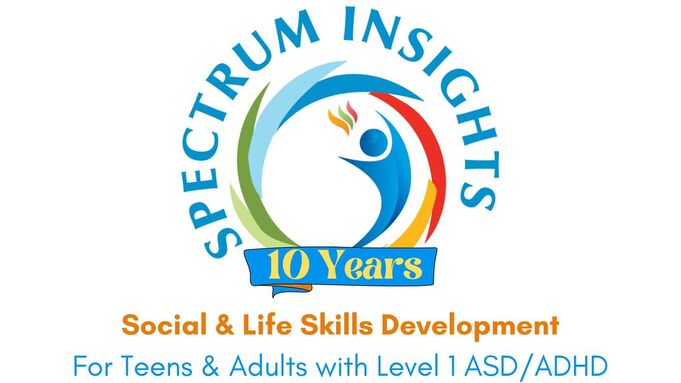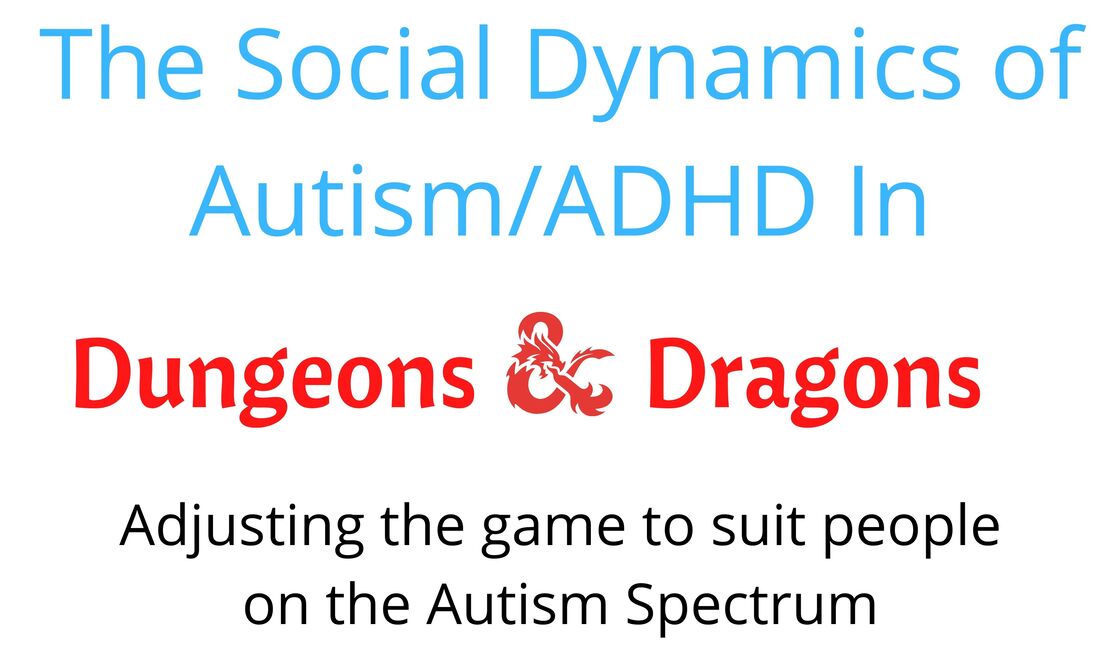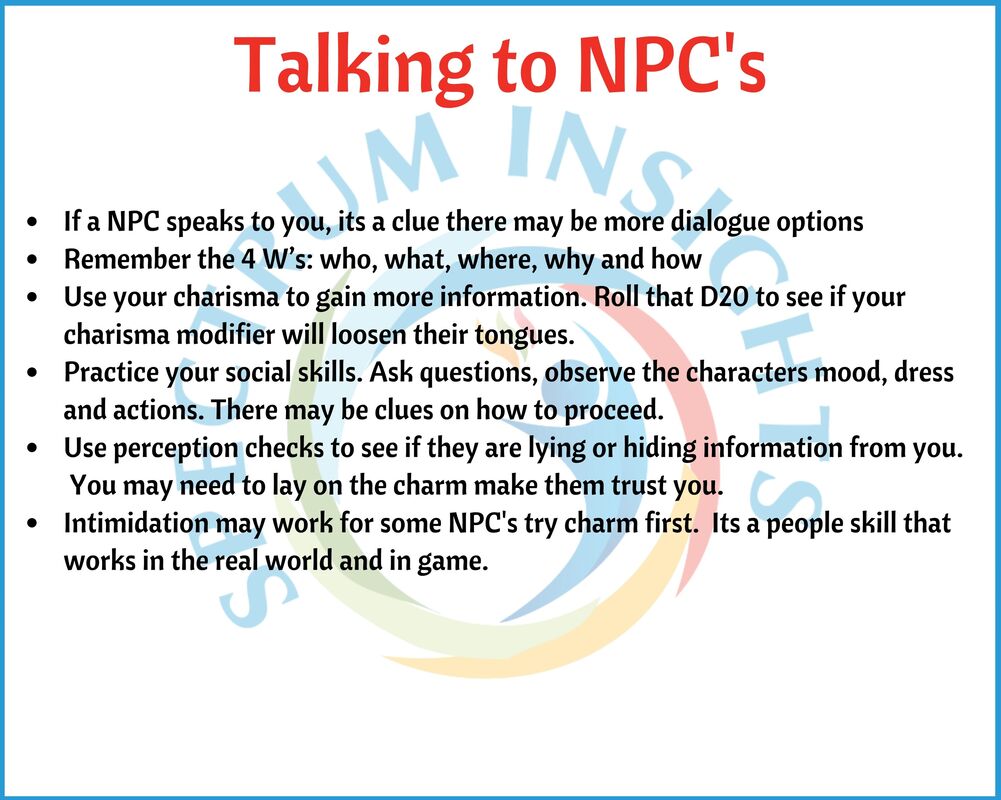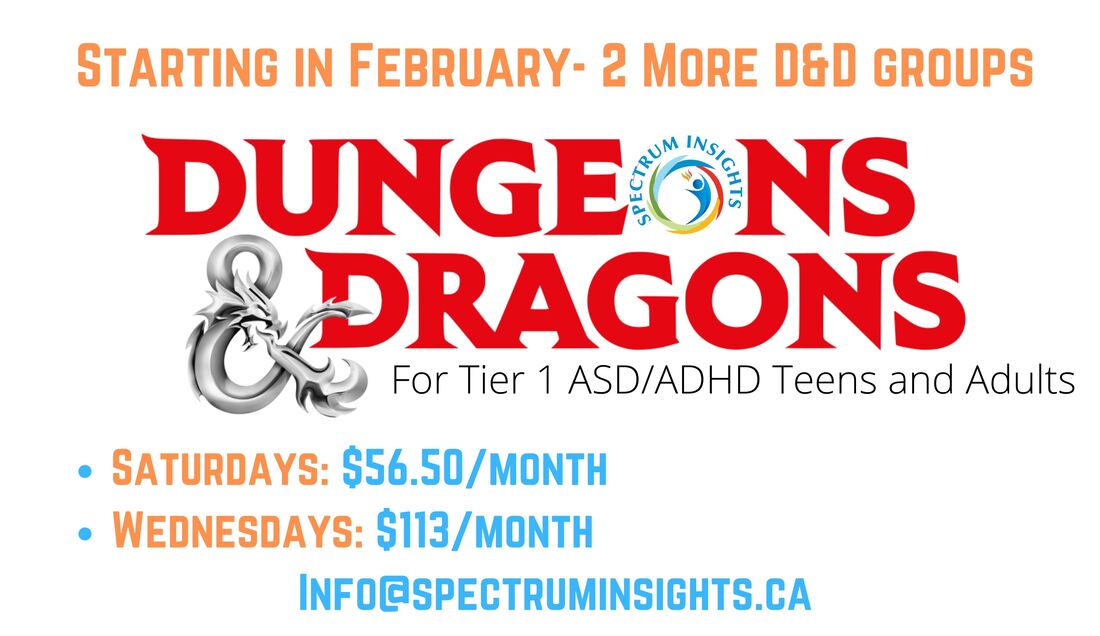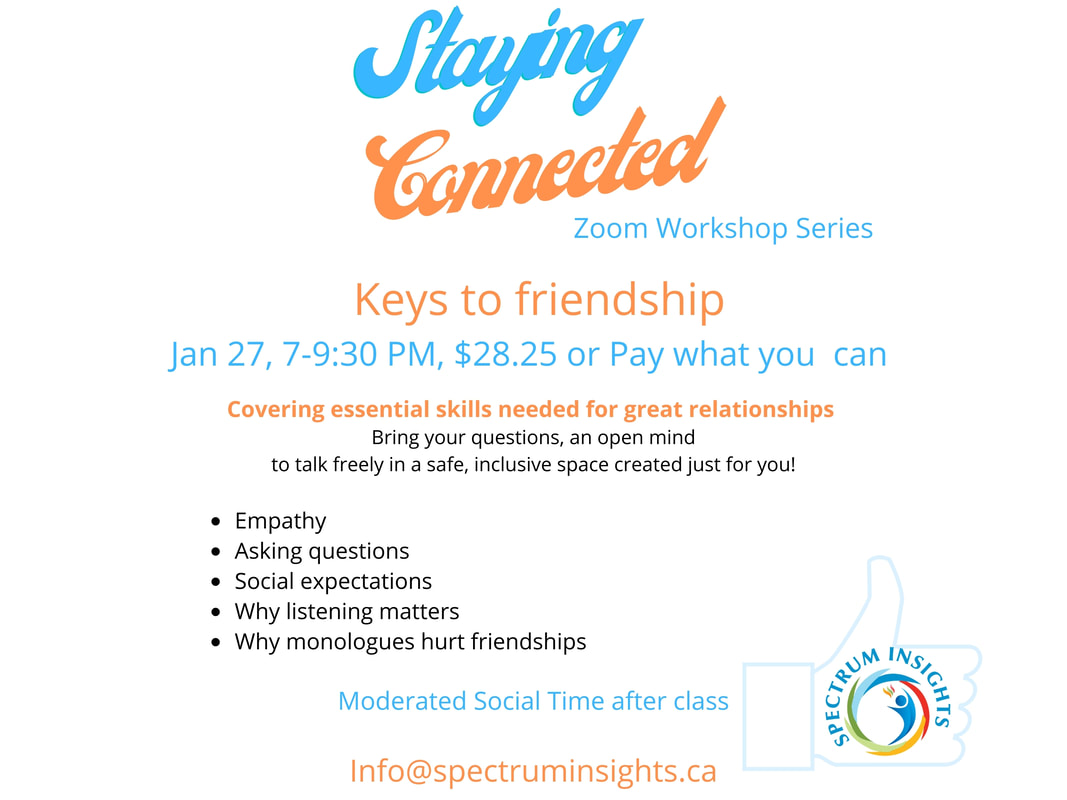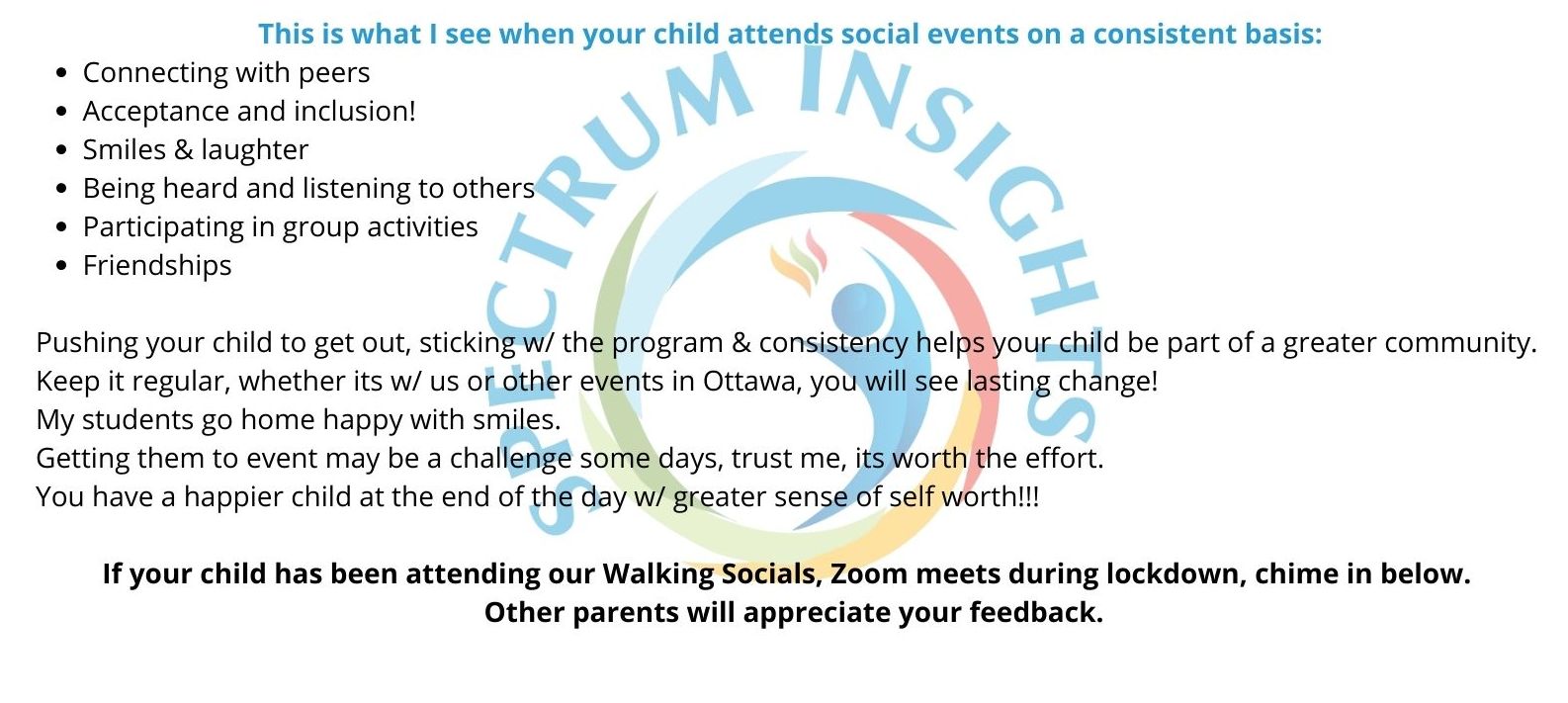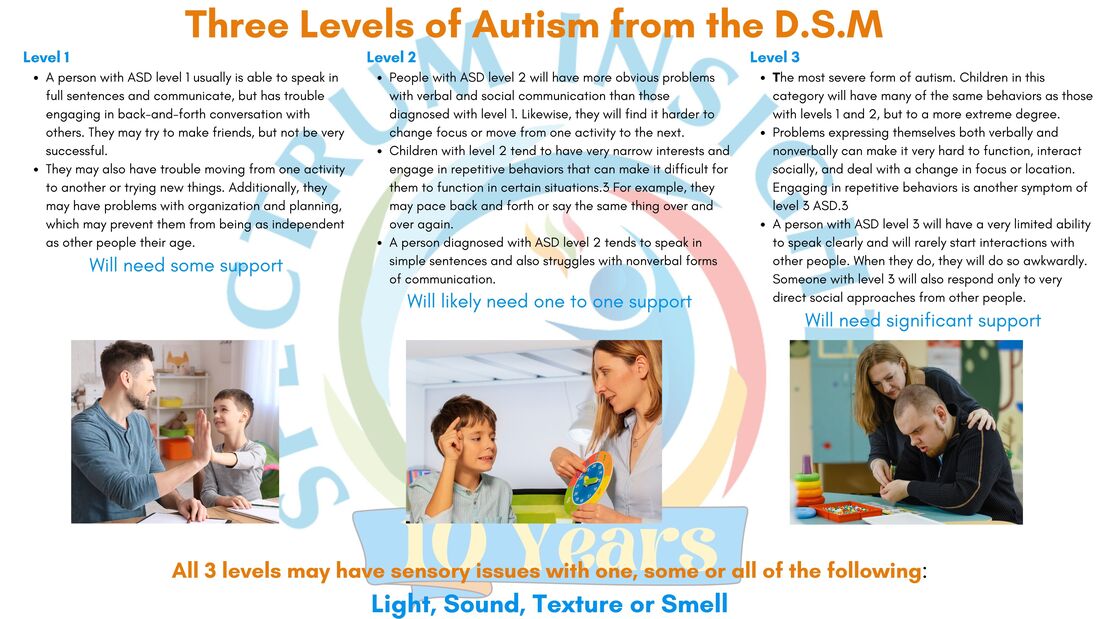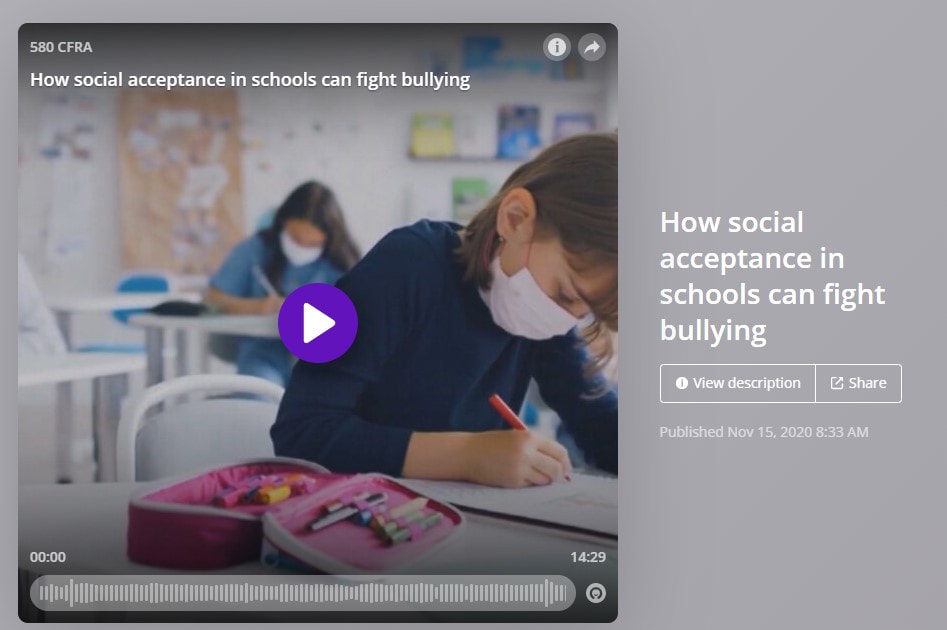Students with ASD and many w/ ADHD have social challenges when it comes to curiosity about others. This is not just a general observation on my part:
DSM-5 Autism Diagnostic Criteria
- Deficits in using communication for social purposes, such as greeting and sharing information, in a manner that is appropriate for the social context.
- Impairment of the ability to change communication to match context or the needs of the listener, such as speaking differently in a classroom than on the playground, talking differently to a child than to an adult, and avoiding use of overly formal language.
- Difficulties following rules for conversation and storytelling, such as taking turns in conversation, rephrasing when misunderstood, and knowing how to use verbal and nonverbal signals to regulate interaction.
- Difficulties understanding what is not explicitly stated (e.g., making inferences) and nonliteral or ambiguous meanings of language (e.g., idioms, humor, metaphors, multiple meanings that depend on the context for interpretation).
Now back to Dungeons & Dragons and why does this matter?
In a game where storytelling moves the game forward, communication is key. My students enjoy both the action & story telling aspects of the game but need help when it comes in game dialogue involving NPC’s and communicating with other players.
I’ll give 3 short examples where students miss out by not furthering dialogue with NPCs::
- Dialogue may give a greater treasure. ie an NPC may whisper where hidden treasure is.
- NPC’s may give hints how to defeat a monster, share where traps, secret doors are hidden, divulge a location or secrets to move the story forward.
- A NPC may prefer dialogue over fighting. If outnumbered, players may try to talk their way out of a deadly fight.
What can you do improve the game for your ASD/ADHD students
Do not think of the following as nagging, interrupting the game or stifling their imagination. Consider the following as an opportunity to practice their social skills in a fun setting. I encourage you to write out social reminders on cue cards, similar to spell or condition cards, this will benefit the group. At the end of this article there will be cue cards you can print off and cut out for your next D&D adventure.
1. Before sessions, go over the game mechanics they may need reminding of:
- Turn taking - Each person has their allotted time to speak. Without this, some students will dominate the conversation and quiet students are left unheard.
- Do not interrupt (this happens often). Raise your hand to interject or add to the story. This helps the more impulsive students wait their turn.
- Communicate as a team before action. Encourage the students to take 5 minutes to work out a plan. This way they can learn how to collaborate and solve problems as a group. This will also address the different play styles of the students. Some may prefer to rush in and fight, others may be more cautious. Remind them to utilize each other's abilities to help the group.
If your ASD players miss out on social cues, they will need a lot of reminders. In game condition cards are used as reminders. The following can be written on a card as a "social" condition card, reminding players what to say when speaking to NPC's.
- If a NPC speaks to you, its a clue there may be more dialogue options
- Remember the 4 W’s: who, what, where, why and how
- Use your charisma to gain more information. Roll that D20 to see if your charisma modifier will loosen their tongues.
- Practice your social skills. Ask questions, observe the characters mood, dress and actions. There may be clues on how to proceed.
- Use perception checks to see if they are lying or hiding information from you. You may need to lay on the charm to make them trust you.
- Intimidation may work for some NPC's try charm first. Its a people skill that works in the real world and in game. Intimidation should be saved for villains or very stubborn NPC’s who you suspect have more dialogue to offer.
Have fun, be creative and flexible in your next D&D adventure. Dont forget, there are opportunities here to teach some great new skills to your ASD/ADHD players!
John Anderson
